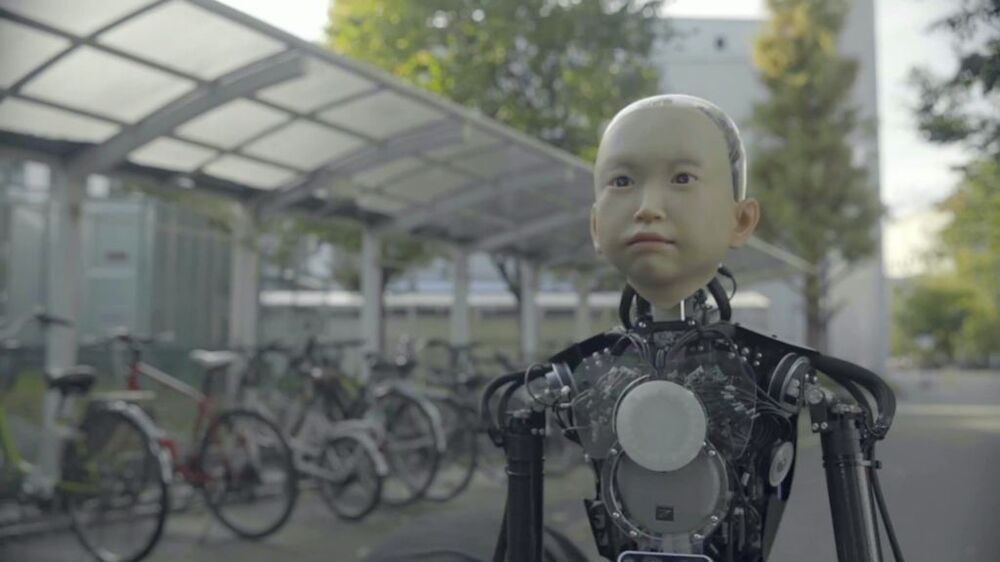There are several key technologies converging on an inevitable effect, namely a dramatic, explosive increase in human population. Currently around 40% of Earth’s total land area is dedicated to agricultural production to feed seven billion people, but, interestingly, while the human population will increase, the land area required to sustain this population will decrease, approaching zero land area to sustain a trillion human lives. In this era, bulk elements such as gold will have no value, since they will be so easy to produce by fusion separation of elements from bulk rock. Instead, value will be attached to biological material and, most importantly, new technologies themselves.
The several key emerging technologies that make this state of affairs unstoppable are listed along with aspects of their impact:
1) Most important is fusion energy, an unlimited, scalable energy, with no special fuel required to sustain it. This will allow nearly all agriculture to be contained in underground “vertical farm” buildings, extending thousands of feet downwards. Cheap artificially-lighted, climate-controlled environments will allow the maximum efficiency for all food crops. Thus, agriculture will take up close to zero surface area, largely produced underground on Earth or the Moon.
2) Crispr-gene edited foods, allowing the transformation of thousands of currently inedible plants into new types of fruits, vegetables and cereals, while also allowing diversity of currently-existing ones. Everything people eat has been genetically modified by thousands of years of human cultivation; that modification will take place over several years instead of thousands.
3) Acellular agriculture, where yeasts are bioengineered to produce milk and other proteins without any live mammals. Products using this method began to enter the market in 2020.
4) Cell-base meat, the production of animal meat in bioreactors, without the need for killing of animals. This will also broaden the choices of widely-available meats from a few bulk types, such as beef, pork and chicken, to thousands of choices.
5) Micro-organism farming, as with the “Solar Foods” company’s use of micro-organisms to produce limitless quantities of protein, fats and carbohydrates in bioreactors.




